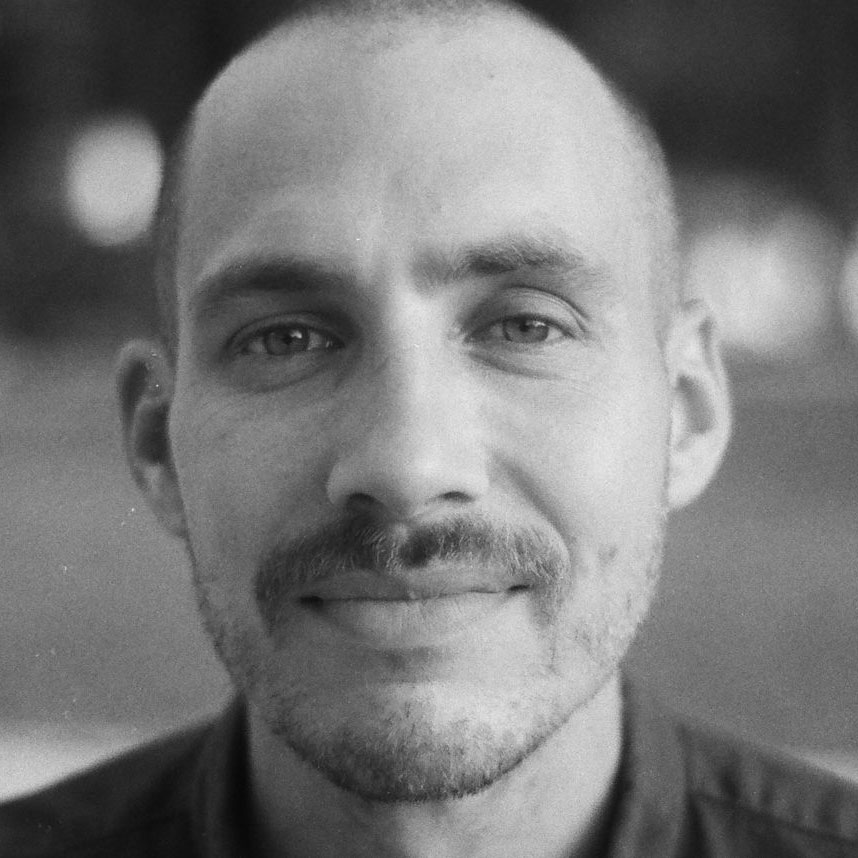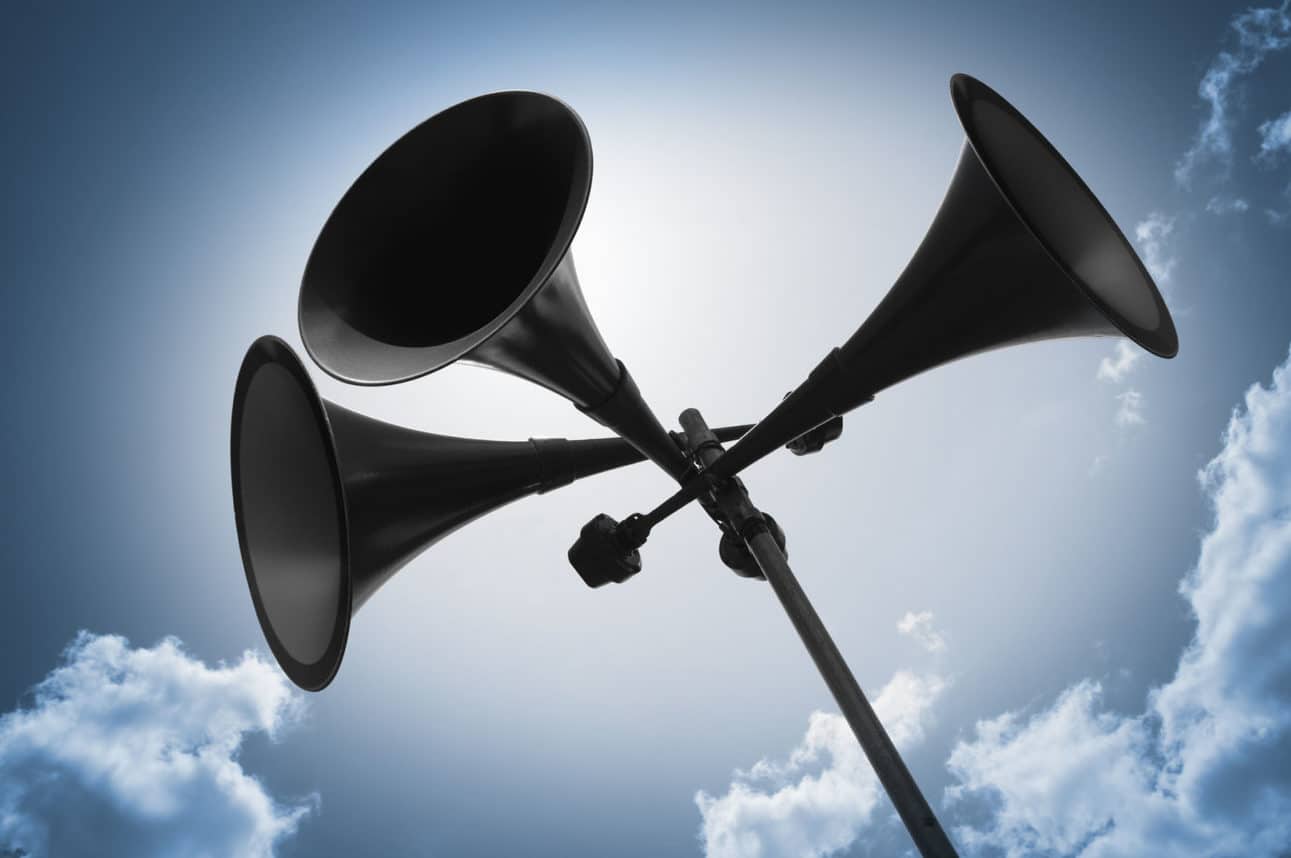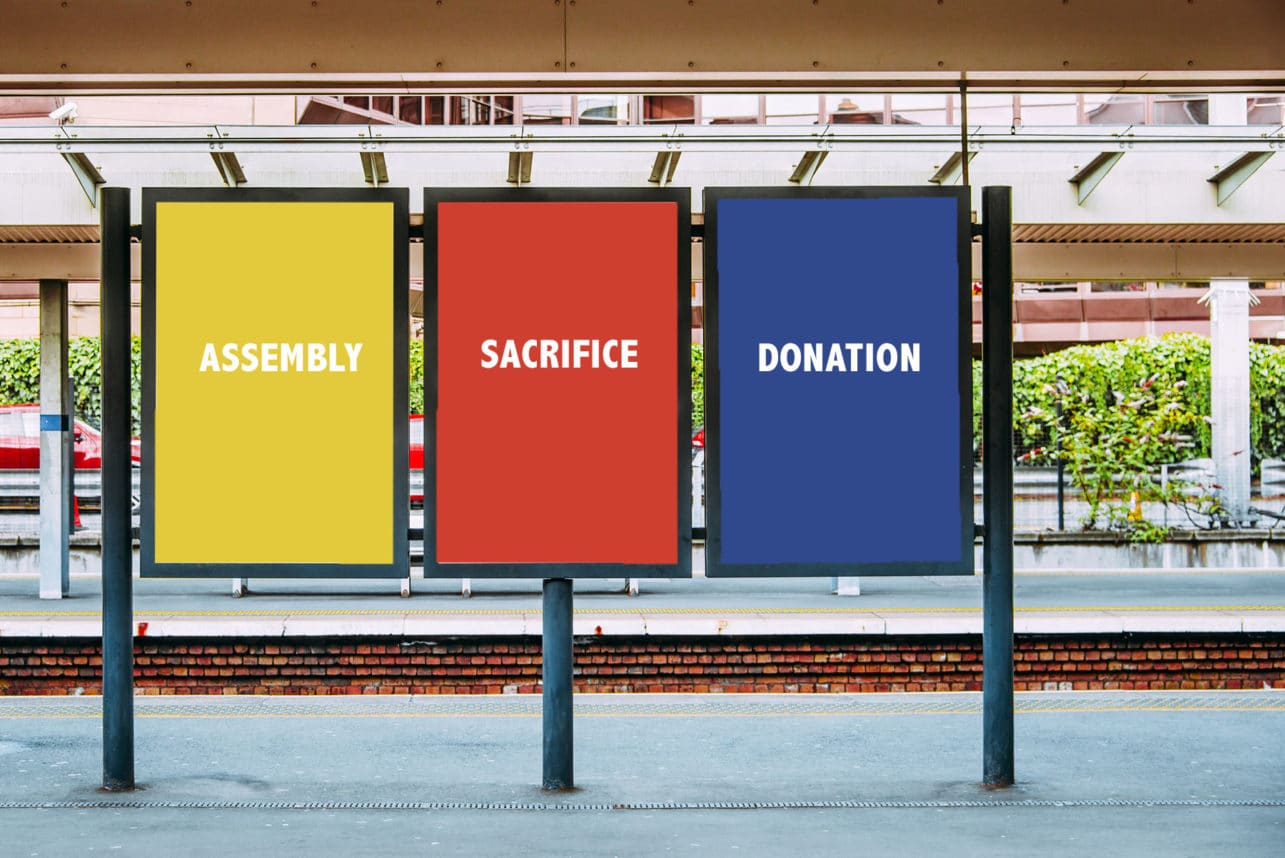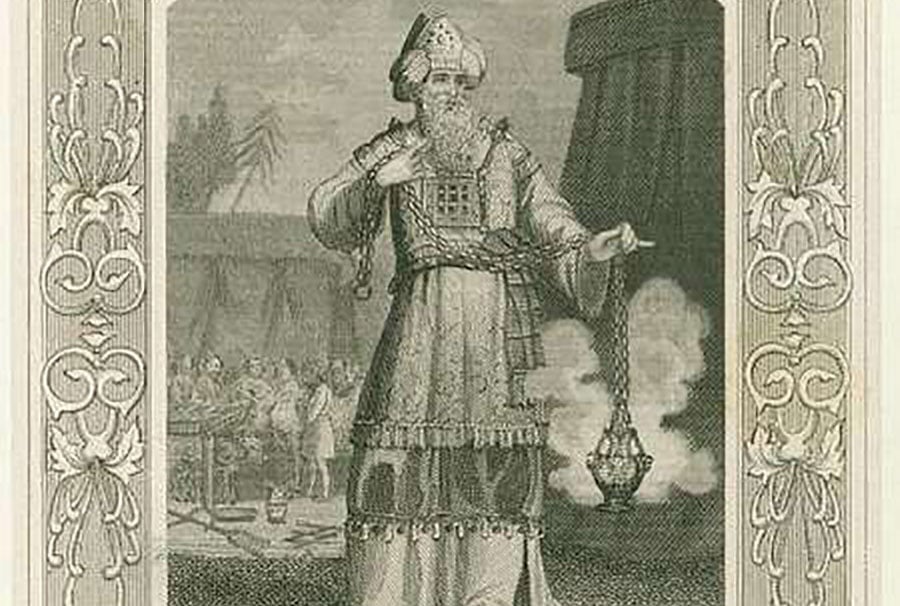
Unscrolled Chukat: Holy Corpses
It is here, in the world of the living, that our sacred vocation can be fulfilled.

Matthew Schultz is the author of the essay collection “What Came Before” (2020). He is a rabbinical student at Hebrew College in Newton, Massachusetts.

It is here, in the world of the living, that our sacred vocation can be fulfilled.

Why did Moses fall on his face as if this were an affront? Why did the fire of God burn and the earth split open?

In the dreamscape of the Torah, certain figures seem to visit us again and again, donning different guises as they appear in new contexts.

For two radically different kinds of occasion, God has commissioned a single instrument. The same trumpets that will call the people to war will inaugurate their festivals.

In each of these tellings, we are given a different understanding of what completion looks like.

For those who are willing to take note, there is nothing boring about it.

Like the land, our lives are ours to borrow, not to own. They are short. They contain both suffering and joy, and the best we can hope for is a fair balance.

In this week’s parashah, as well as in those that have preceded it, we have come to understand the exact nature of this burden.

Our expressions of revelation — in our holiest texts — bear witness not only to the light of God but also to the darkness of our own narrow vision, our biases and our prejudices.

While today, like Dorian Gray, we have mostly succeeded in severing the connection between our bodies and souls, back then, our sins showed.
 More news and opinions than at a Shabbat dinner, right in your inbox.
More news and opinions than at a Shabbat dinner, right in your inbox.